President Muhammadu Buhari is back. Thank God. But seeing his pictures after his arrival on Friday morning shook me a bit. Surely, he looked better than this before he travelled. Contrary to repeated claims that “the president is hale, hearty and witty” by top government officials, Buhari said with his own mouth that he had never been this ill in his life. He said he would be returning to the UK for further treatment soon. That is honesty — what we couldn’t get from the “hearty and witty” brigade all the while. I know it was meant to counter the “Buhari is dead” gang, but truth is constant. My thoughts and prayers are with Buhari as he recovers, although at his age it may take long.
While we are at it, Nigeria’s road to economic recovery also promises to be gradual. In fact, it is going to be long. Getting out of recession is the smallest part of the problem; after all, “recession” is just a technical term to describe a certain level of reduction in economic productivity over a certain period of time. If we hit 0.1% growth in GDP in just one quarter, we would say recession is over, technically speaking. But will that mean the jobs are back in their millions? Will that mean the purchasing power of the ordinary Nigerian consumer has improved considerably? Will that mean the factories are on fire and the ports are back to life? Not necessarily so.
I am yet to critically analyse the Nigeria Economic Recovery and Growth Plan (ERGP) which was released during the week, but I have read bits and pieces in the media. The highlights include GDP growth targets, job creation quick wins, zero fuel import target, liberalised forex market, sale of some of our shares in national assets, improvement in power generation, acceleration of ease of doing business, local sufficiency in wheat, rice and tomato, single-digit inflation rate, and 10 million housing units. The federal government believes the plan will lift us out of our current state in the short to medium term. Critics are wondering: haven’t we heard all this before?
In the end, what matters the most is not the plan but the implementation. Plans will not implement themselves. Faithful implementation and pragmatic adaptation will be key. Two things jumped at me on the document: relaxing the ban on 41 import items, which will lead to the liberalisation of the currency market; and achieving local sufficiency in a number of items. These two are linked to the fortune of the naira. The FX ban on 41 items put so much pressure on the black market, and this contributed to the non-stop depreciation of the naira. Meanwhile, achieving sufficiency through import substitution can also reduce the pressure on forex and give the naira some respite.
Advertisement
Something was always not working with the forex ban on 41 items. As I noted in my previous articles (see, for instance, “Just a Passing Glance at Buharinomics” on 20/09/2015 and “There Remaineth One More Thing” on 19/06/2016), there are better ways of achieving local sufficiency in local production than a forex ban. Respected Nigerian economists such as Professor Chukwuma Soludo, former CBN governor, and Dr. Oby Ezekwesili, former minister, have consistently voiced their concerns about this fatal flaw in the forex policy. That the recovery plan has hinted at ending the policy is an acceptance that something is not working.
I have used the cement example several times — this is what I do when I find something that has unquestionably worked. In 2005, President Olusegun Obasanjo determined that in 10 years, Nigeria would not import cement again. Under the backward integration policy, there was no FX ban. Rather, only those who had visible investment in the industry were allowed to import bulk cement and bag it in their brands — while construction works continued at the site. The policy was almost reversed by President Umaru Musa Yar’Adua who relaxed the import rule, perhaps to fire at Dangote’s market power. The police survived and accelerated investment in the sector.
It was a long road, but we are finally there. Today, Nigeria is a net exporter of cement (although Ibeto still imports based on the concession by Yar’Adua). Not just that our imports are negligible, Dangote Cement has become a multinational company, setting up factories in several African countries and even in Nepal, Asia. We would still have been demanding as much as $2.2 billion annually to import cement. That is not exactly how to strengthen the naira. The fact that Dangote is now exporting cement to West African countries, thereby earning forex, is also an indication of how we can change the structure of our economy with a plan and political will.
Advertisement
The recovery plan also states that we would stop importing fuel altogether by 2020. It looks very far — three long years away — but so did 2015 look in 2005 when Obasanjo came up with the cement policy. The process and length of adjustment is not always fun. We currently spend roughly $7.5 billion yearly to import petroleum products — petrol, diesel, kerosene, aviation fuel and all that. Look at the brutal pressure on the forex market! By achieving self-sufficiency in 2020, that is over $7.5 billion off the demand list on CBN’s table. Even if we do not export one litre of product, not demanding $7.5 billion again to import will be a monumental relief for the naira.
Ironically, our hopes of achieving self-sufficiency in petroleum products lie again in Dangote’s refinery, not in NNPC and its cadaver refineries. The billionaire entrepreneur has been scorned and vilified consistently in certain quarters, but I wish just 10% of Nigeria’s billionaires would invest their resources in the productive sectors of the Nigerian economy the way Dangote does. Those guys that were busy buying yachts and private jets and Swiss castles and Formula One teams from the patronage they enjoyed from government would have been wiser by investing in the Nigerian economy. The benefits are enormous. You are creating value and making money simultaneously!
Dangote is currently building the largest refinery, petrochemical and fertiliser complex in Africa. To be specific, in Lekki, Lagos state. Compared to NNPC’s unproductive 445,000bpd-capacity refineries which gulp billions of dollars in repairs every now and then, the Dangote refinery will be able to refine 650,000bpd. Just one refinery. The petrochemical plant will produce 750,000 metric tonnes of polypropylene yearly. The fertiliser plant will produce 2.8 million metric tonnes of urea and ammonia yearly. The refinery is projected to create 1,600 permanent jobs and 100,000 indirect jobs, plus the little matter of saving us the over $7.5billion forex demand to import fuel. Wonderful.
According to the economic recovery plan, we hope to raise crude production to 2.5mbpd by 2020 and earn an extra N800 billion per year. I am not too enthusiastic about that. The long-term future of oil is not so bright from every indication. Given our nasty experience with the oil price crash in the last three years, I am happy that the plan is not wholly dependent on the black gold. Truth be told, the current economic turmoil is a direct result of falling oil prices. For an import-dependent oil economy, a fall in forex revenue from crude export is always going to be devastating. The more we plan without oil, the better. It’s a long road but it’s worth taking.
Advertisement
Buhari’s road to recovery, this time in his health, is going to be very challenging for him and the nation. This is coming at a time Nigeria badly needs economic recovery. I would advise Buhari to take things easy, rest adequately and continue to trust in the abilities of his vice-president, Professor Yemi Osinbajo, to deliver on his government’s promises. Ultimately, it is the progress of Nigeria that should be at the centre of all political considerations. It is only natural that at 74, Buhari cannot heal as fast as when he was a teenager or in his 30s and 40s. It’s a fact of life. Recoveries don’t come easy — but in due season, we shall reap if we faint not. Word.
AND FOUR OTHER THINGS…
OSINBAJO AND BUHARI
A lot of people tried very hard to create friction in Aso Rock by claiming that Vice-President Yemi Osinbajo did much better than President Buhari during the medical vacation. Do you remember the chant of “Saul killed his thousands and David his ten thousands” by Israelite women after the killing of Goliath? Thankfully, Osinbajo did not take the bait. He told Buhari, gracefully, on Friday: “I thank you, Sir, for giving me the opportunity and for the absolute confidence you repose in me. I recall, in one of our discussions, you didn’t even want me to ask you for anything. You said I shouldn’t consult you and I should just do as I wish. I thank you for this, Sir.” Wisdom.
DIRTY DUTY
Advertisement
The Nigeria customs service has decided to start asking motorists for evidence of payment of import duty on vehicles bought even 20 years ago. It promises to be the most chaotic move in Nigeria’s recorded history. Nigeria is the only country in the world where you see customs officers mounting road blocks inland. They will stop the driver and demand for evidence of duty payment? I mean, who does that? Who keeps such documents, much less carry them around? I can understand a bit if you say vehicles bought from a future date, not ages ago. It looks like a money-making venture that will end up enriching customs officers at the expense of Nigerians. Ridiculous.
APO SIN
Advertisement
So DCP Danjuma Ibrahim, the big fish, is innocent in the 2005 murder of Apo Six? And two lesser mortals will die for the extrajudicial killing? May we know who allegedly strangled Ms Paulinus Ogbonna for being “rude” to him after they were stopped by the police? The junior officers only opened fire on six others apparently to destroy eyewitness evidence. But for the fact that one of the traders survived to tell the story, it would have been reported as a case of seven armed robbers shot dead by brave police officers — national heroes, you know. Nevertheless, there is one more judgment which the godfathers cannot rig — the judgment of the Almighty God. Inescapable.
ROAD RAGE
Advertisement
Another good one gone. You will hardly find a better human being than Dr. Onukaba Adinoyi Ojo, the journalist, scholar, communicator, playwright and politician who died on Sunday in Akure, Ondo state, on his way from President Olusegun Obasanjo’s 80th birthday in Abeokuta, Ogun state. As the story goes, armed robbers were operating at a spot and he alighted from his car and tried to run for safety. He was killed by another vehicle in the melee. Nigerian roads are so hostile — robbers could kill you, potholes could topple your car, police could extort or shoot you, kidnappers could grab you. Spare a thought for his children, who lost their mother a few years ago. Devastating.
Advertisement
1 comments

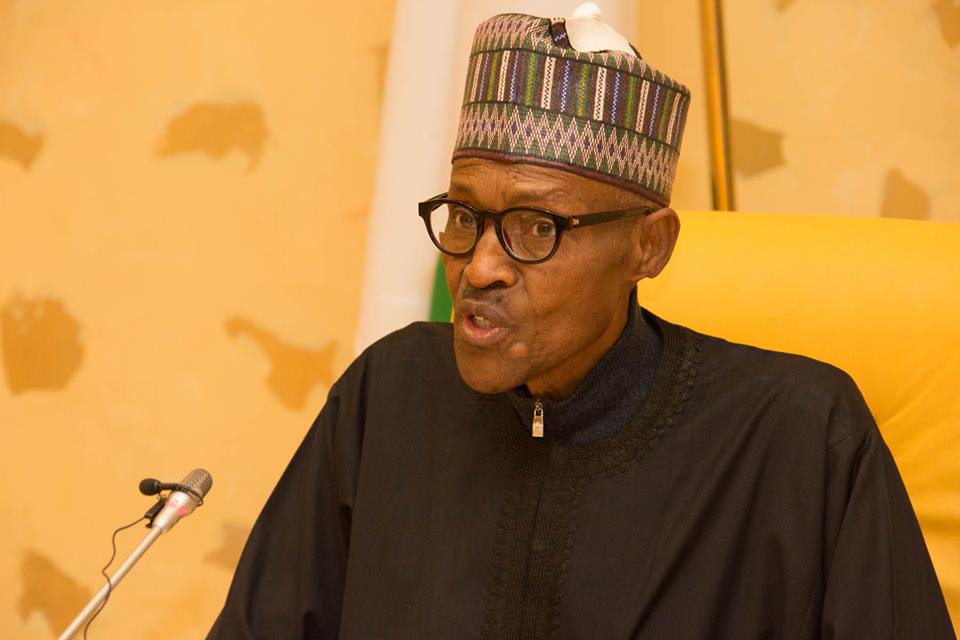
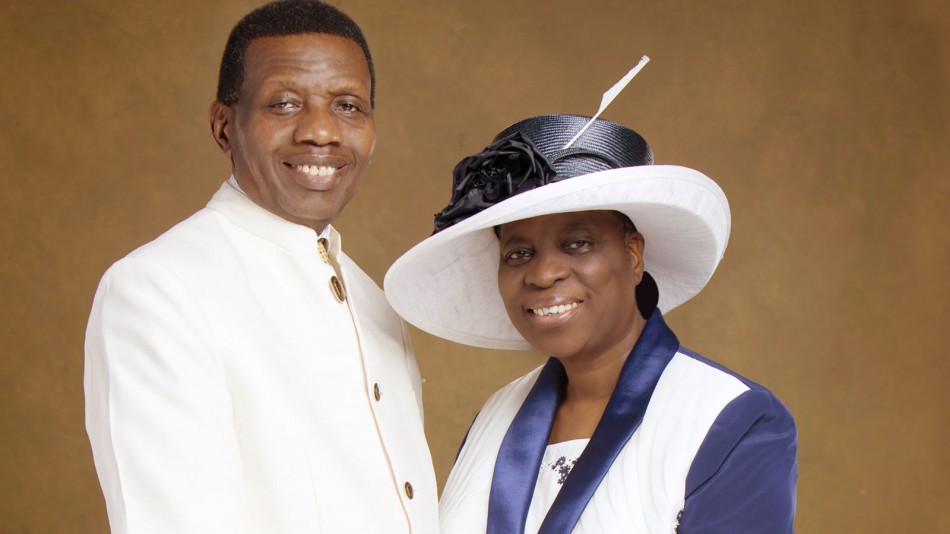
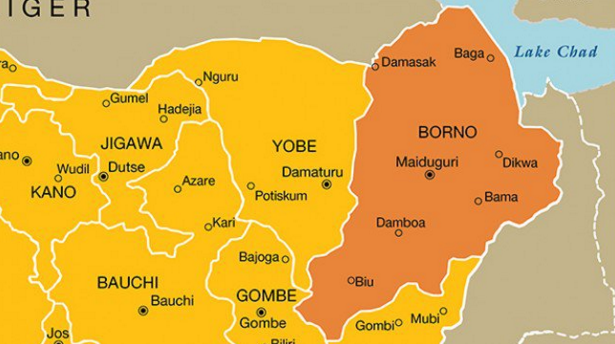
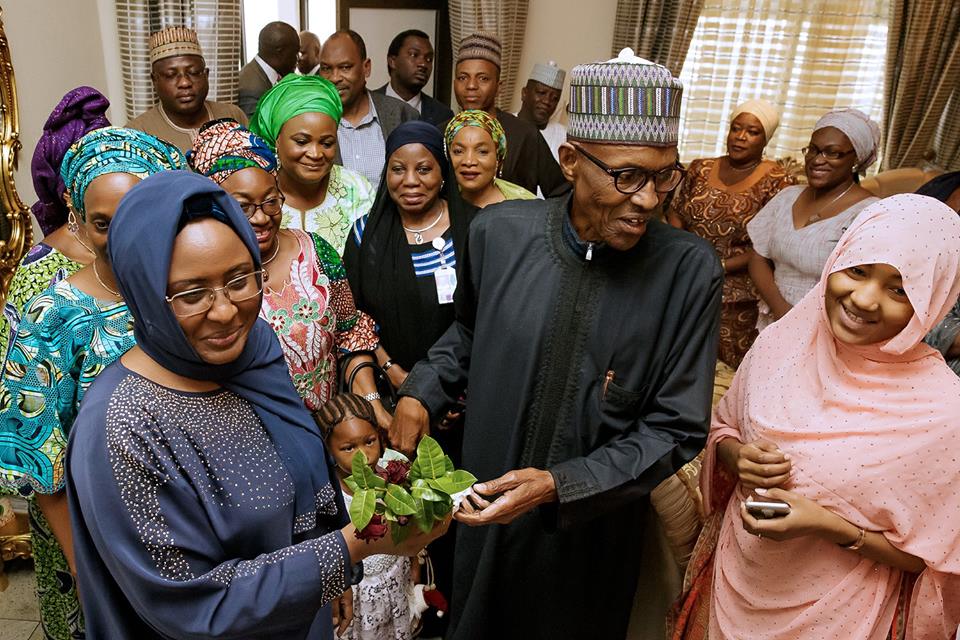

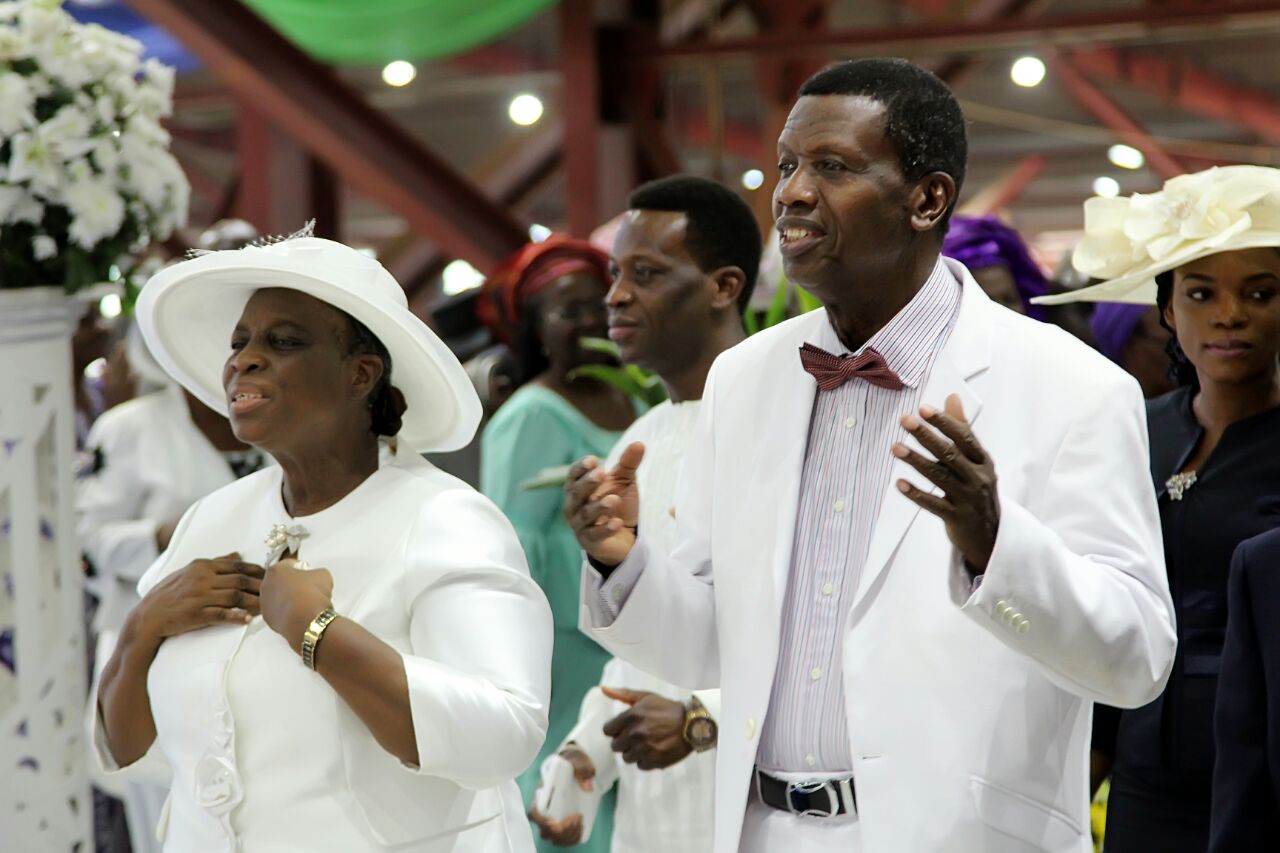
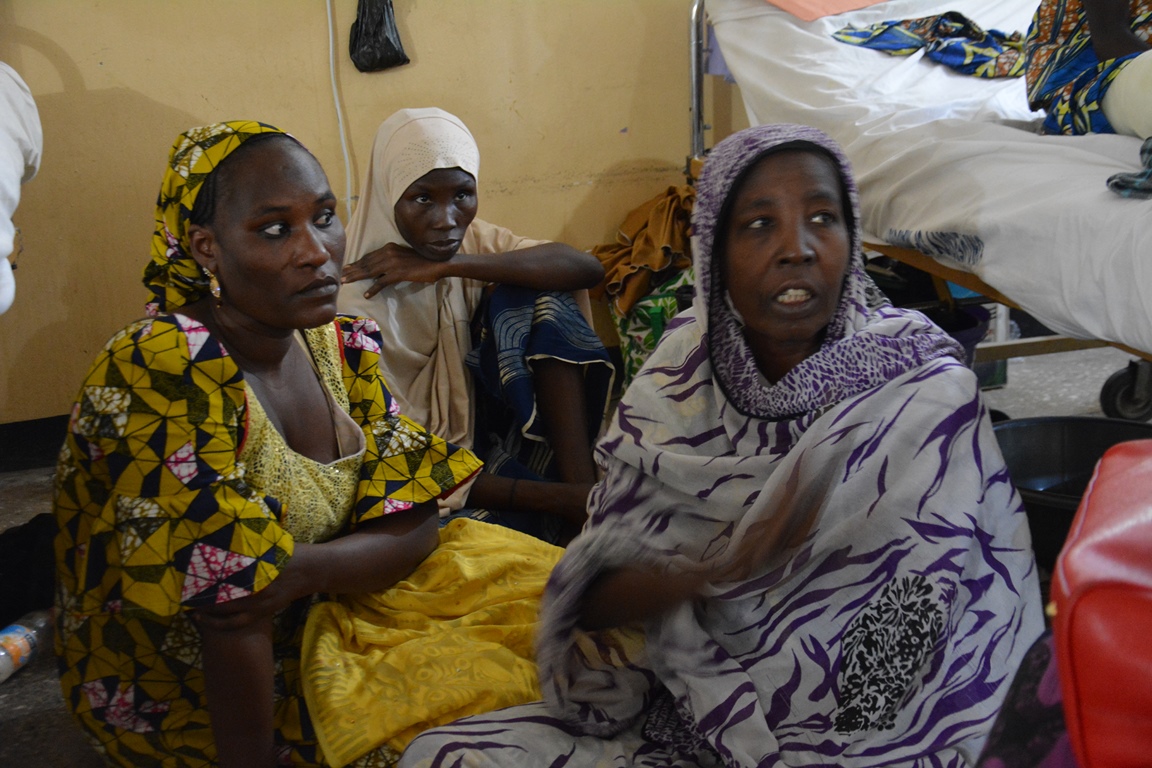
Mr Simon, thank God that I could also read your column here because a selfish Arise TV video is currently blocking ThisDay back page. Na by force? Many readers want to read opinion page and not Arise… Now, I know where to switch to on Sunday morning. That video is annoying, and I thought the Channel was off for good on foreign satellite TV. What they should have done was to send a link to readers with news of its come back, and not block 85% of back page with it! Ika?